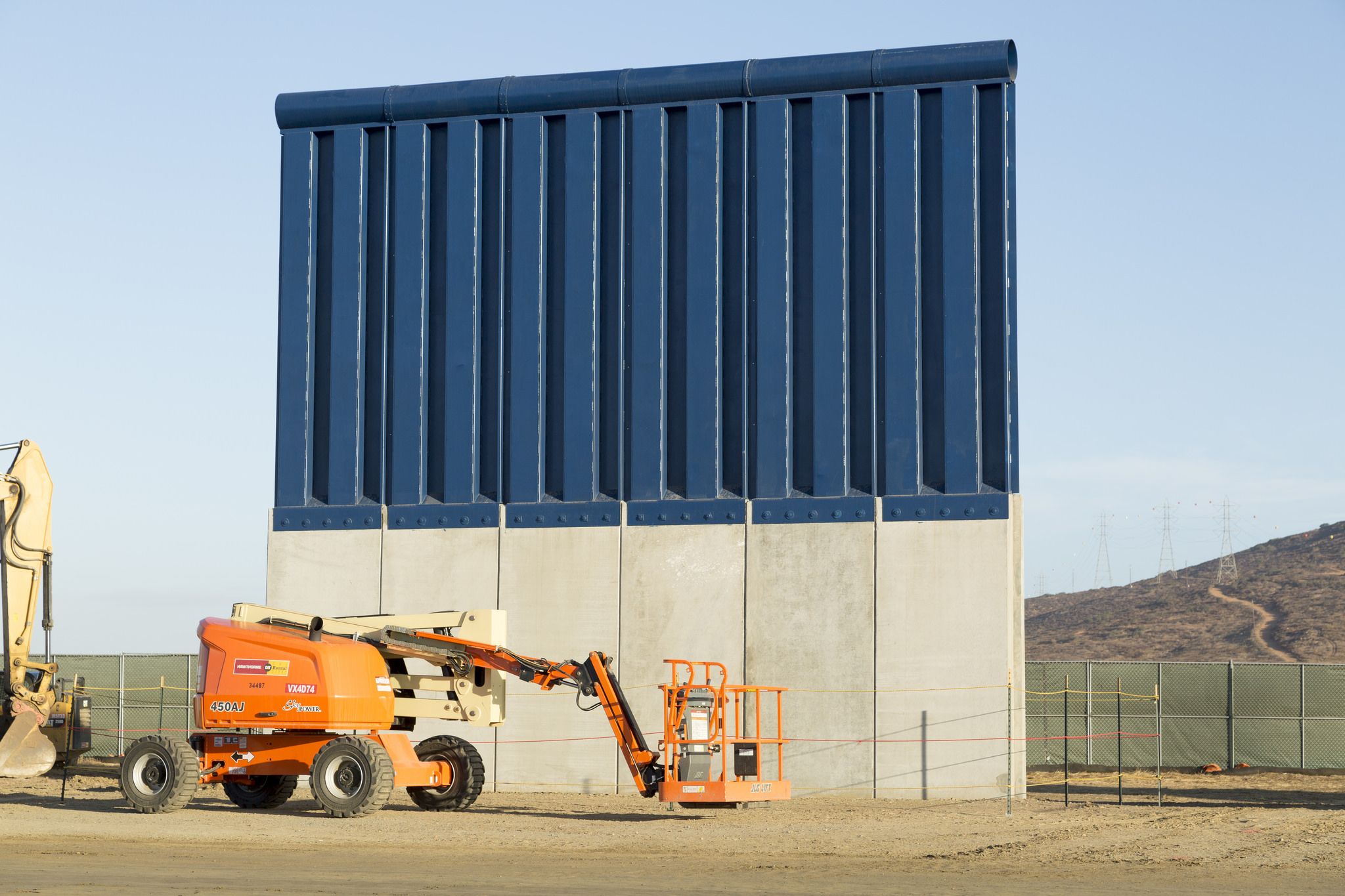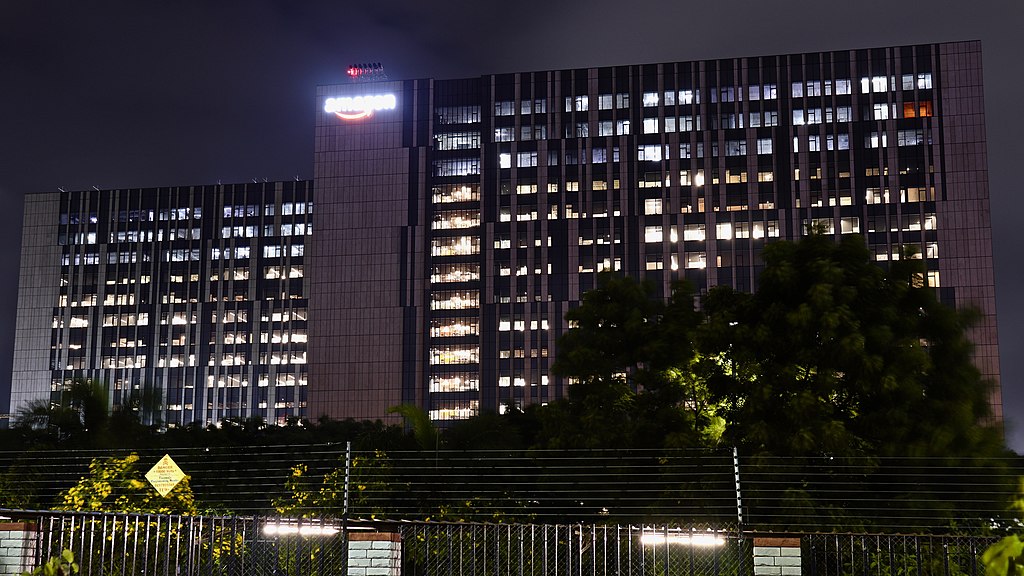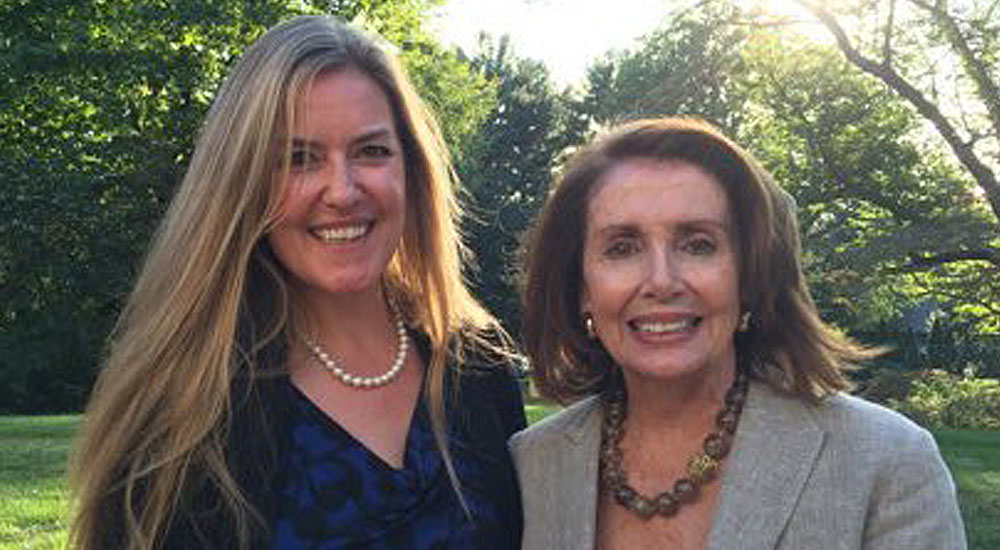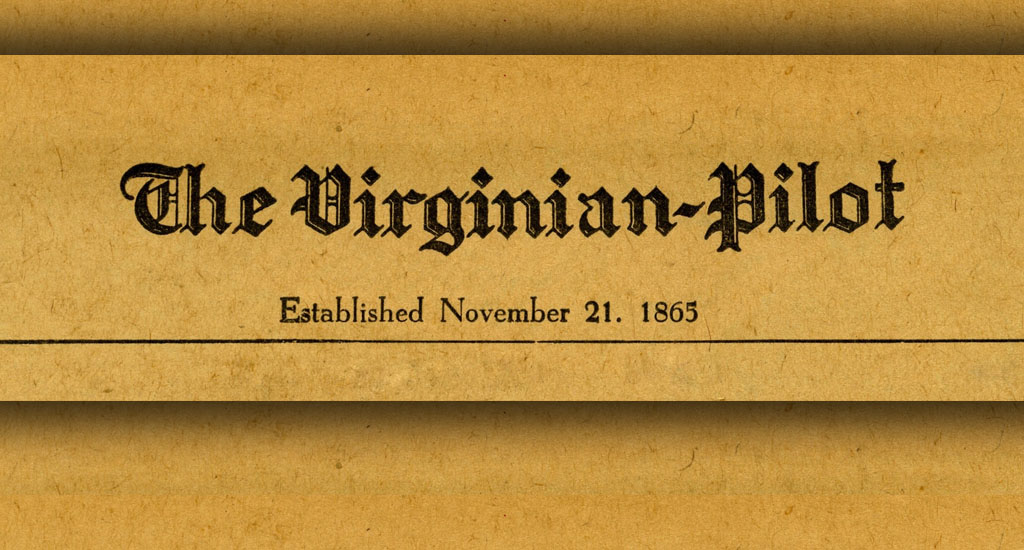The Commonwealth of Virginia is now part of a 16-state contingent formed to challenge President Donald Trump’s national emergency declaration to build the U.S.-Mexico border wall after receiving less than one-quarter of the funding he requested for the project. On Friday, the president, in tandem with signing a border security funding deal worth $1.375 billion, announced his plan to bypass Congress to fund the construction of a wall along the southern border with an estimated $8 billion in taxpayer funds.
During his address, the commander in chief said “we are declaring it for virtual invasion purposes – drugs, traffickers, and gangs.”
However, many are now criticizing Trump’s declaration as a “fake emergency.” There is still no credible evidence to suggest that a border wall would decrease crime rates – other than President Trump stating that Israel’s wall is “99.9 percent effective.”
“Concocting a fake emergency to build a needless wall goes against the Constitution and the values America was built on,” said Virginia Attorney General Mark Herring (D) via a press release. “President Trump’s ill-advised plan could divert critical funds from actual national security priorities, including military construction projects at bases and facilities throughout Virginia.”
The lawsuit, which has been filed by the attorneys general of California, Colorado, Connecticut, Delaware, Hawaii, Illinois, Maine, Maryland, Michigan, Minnesota, Nevada, New Jersey, New Mexico, New York, and Oregon, seeks “declaratory and injunctive relief to block the emergency declaration, the construction of the wall, and any illegal diversion of congressionally-appropriated funds.”
“Virginia, specifically, stands to lose up to $131.7 million in military construction funding for currently planned projects at Dam Neck, Fort A.P. Hill, Fort Belvoir, Humphreys Engineer Center, Joint Base Langley-Eustis, and the Pentagon,” Attorney General Herring added.
During his announcement in the Rose Garden at the White House late last week, President Trump explained that “critical actions” are needed to “confront a problem that we have right here at home.”
“We fight wars that are 6,000 miles away, wars that we should have never been in in many cases, but we don’t control our own border,” he said. “So we are going to confront the national-security crisis on our southern border. And we are going to do it one way or the other.
In his meandering remarks, Trump said he expected his national emergency declaration to prompt lawsuits, but he remains confident the declaration will remain in place – given the 5-4 decision made by the U.S. Supreme Court to uphold the contentious 2017 travel ban.
“Hopefully we will get a fair shake and win in the Supreme Court just like the ban,” he added.






